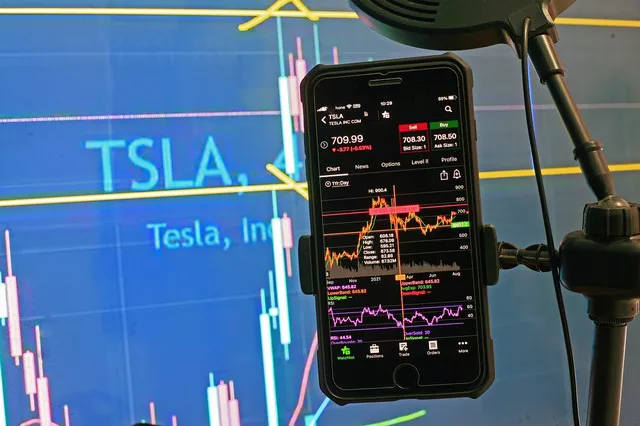In the world of financial markets, both futures and options are popular derivative instruments. While both offer opportunities for speculation and hedging, there are distinct differences in the level of risk associated with each. This article aims to shed light on why futures are often considered riskier than options, highlighting the key factors that contribute to their higher risk profile.
Understanding Futures and Options
Futures Contracts:
Definition: Futures contracts are agreements to buy or sell an underlying asset at a predetermined price and future date.
Obligation: Futures contracts impose an obligation on both parties to fulfill the terms of the contract at the specified date, irrespective of market conditions.
Options Contracts:
Definition: Options contracts provide the right, but not the obligation, to buy (call option) or sell (put option) an underlying asset at a predetermined price within a specified time frame.
Flexibility: Options offer the flexibility to choose whether to exercise the contract based on market conditions.
Factors Contributing to the Higher Risk of Futures
Contract Obligation:
Mandatory Execution: Futures contracts have an obligation to fulfill the terms regardless of market conditions, exposing traders to potential losses if the market moves against their position.
Limited Flexibility: Traders do not have the flexibility to avoid executing the contract if it becomes unfavorable.
Leverage and Margin Requirements:
Higher Leverage: Futures contracts typically require a smaller initial investment (margin) relative to the notional value of the contract, amplifying potential gains and losses.
Margin Calls: If the market moves against a trader’s position, they may be required to meet additional margin requirements, potentially resulting in significant losses or forced liquidation.
Unlimited Profit and Loss Potential:
Unlimited Profit Potential: With futures, there is no cap on potential profits, allowing traders to benefit from significant price movements.
Unlimited Loss Potential: Conversely, losses in futures trading can be substantial and exceed the initial investment, amplifying risk exposure.
Timing and Market Volatility:
Fixed Expiration Dates: Futures contracts have fixed expiration dates, which means traders need to accurately predict market movements within a specific time frame.
Volatility Risk: Sudden and significant price fluctuations can result in substantial losses or gains in futures trading, making it inherently riskier than options.
Risk Management in Futures and Options Trading
Hedging Strategies:
Futures Hedging: Futures contracts are commonly used for hedging purposes to mitigate price risk in the underlying asset.
Options Hedging: Options provide more flexibility in hedging strategies, allowing traders to choose when and if they want to exercise the contract.
Strategies to Limit Risk:
Stop-Loss Orders: Traders can use stop-loss orders to automatically exit a position if the market moves beyond a predefined level, limiting potential losses.
Options Strategies: Various options strategies, such as buying protective puts or using spreads, can provide risk mitigation by limiting downside exposure.
Understanding Market Fundamentals:
Research and Analysis: A thorough understanding of market fundamentals, economic indicators, and geopolitical factors can help traders make more informed decisions and manage risk effectively.
Monitoring Market Conditions: Active monitoring of market trends, news, and price movements can help traders adjust their positions and risk management strategies accordingly.
Conclusion
While both futures and options offer opportunities for profit and risk management, futures are generally considered riskier due to their contract obligations, higher leverage, unlimited profit and loss potential, and timing constraints. Understanding these risk factors and employing appropriate risk management strategies are crucial for traders and investors seeking to navigate the derivatives market effectively.

